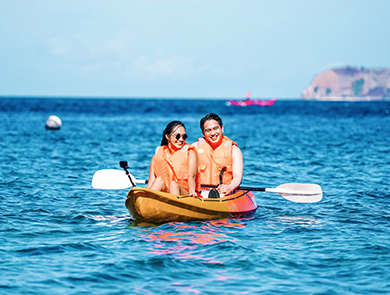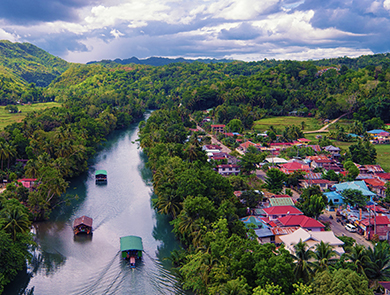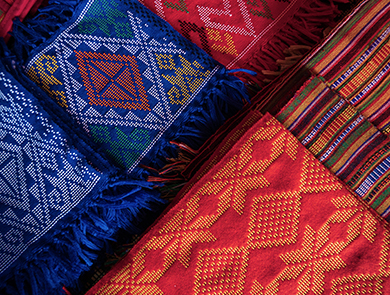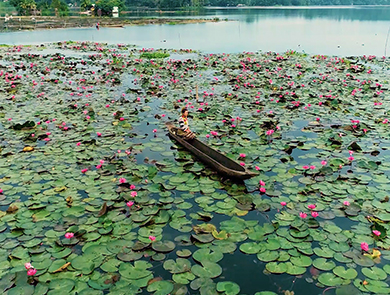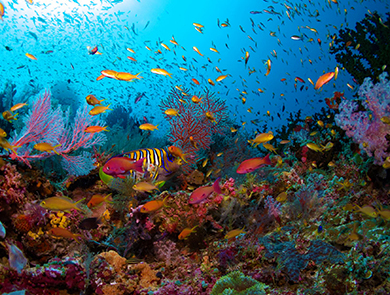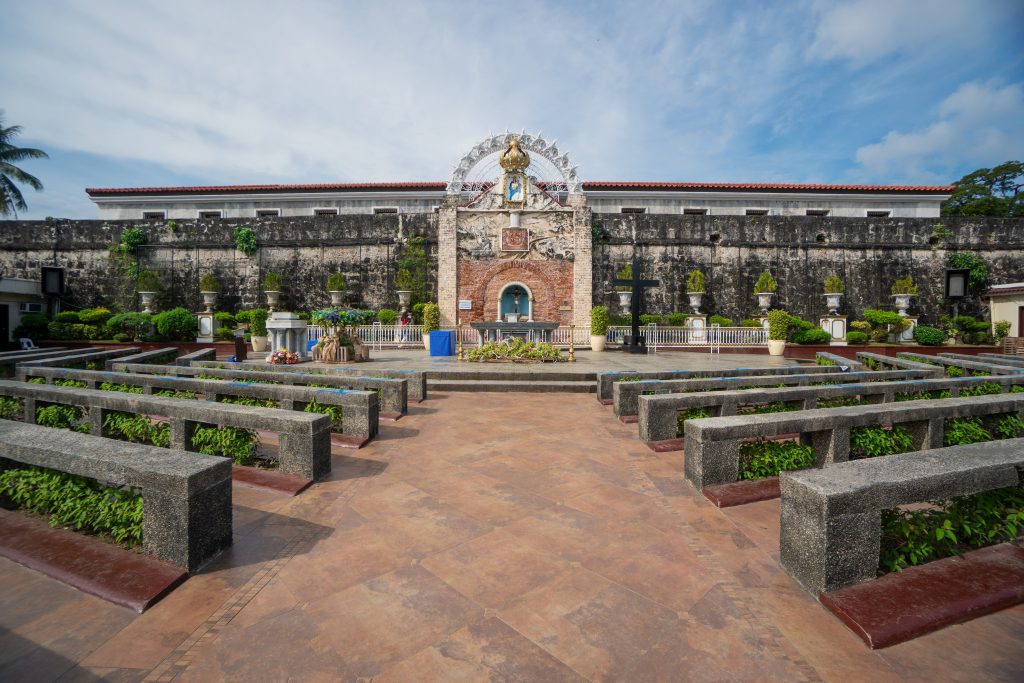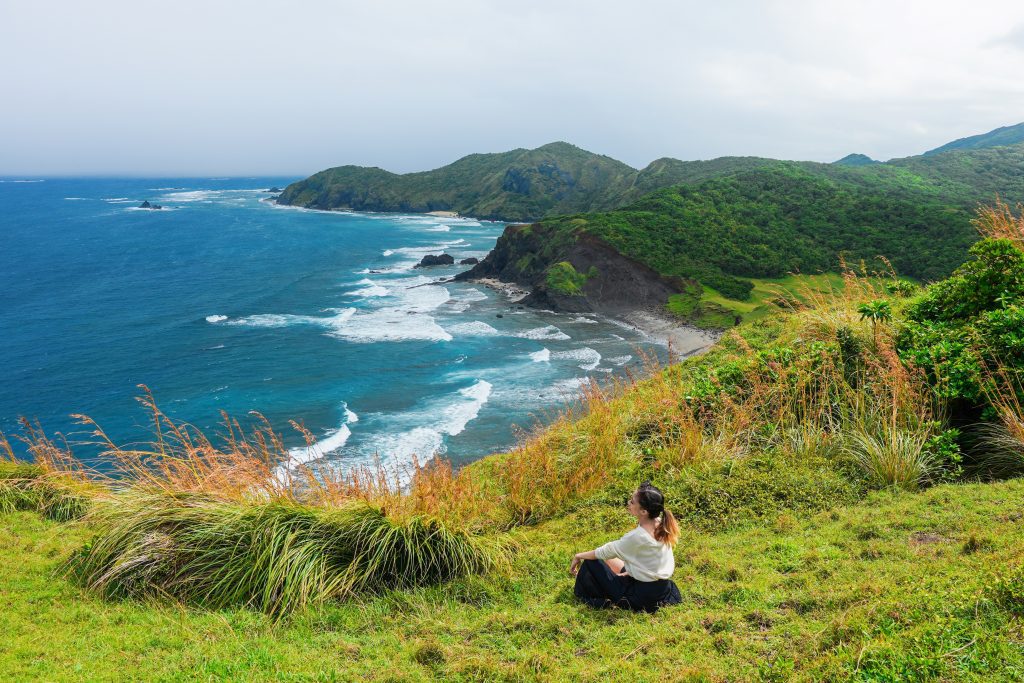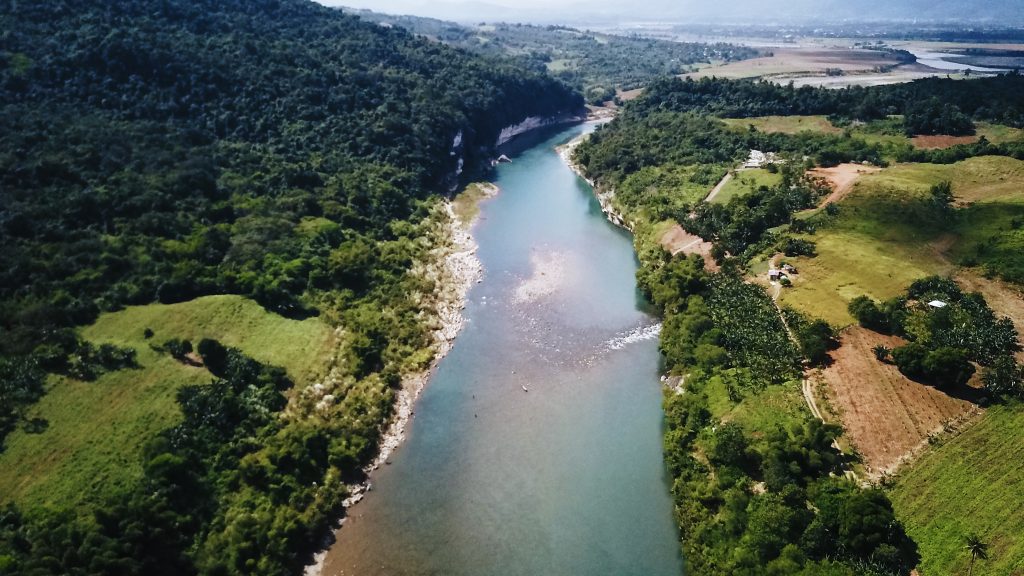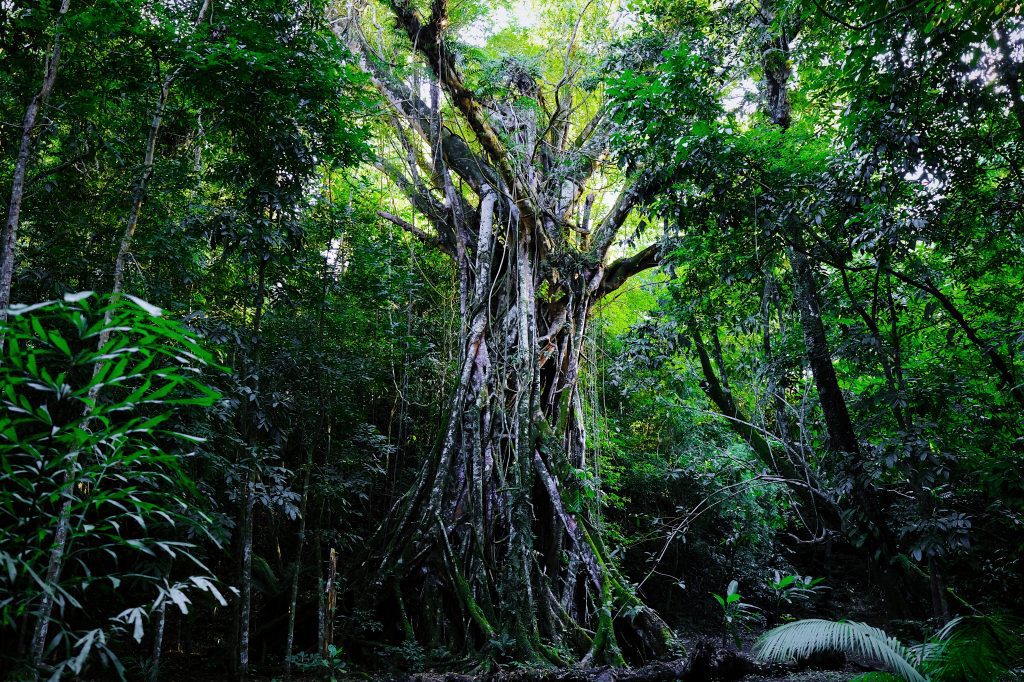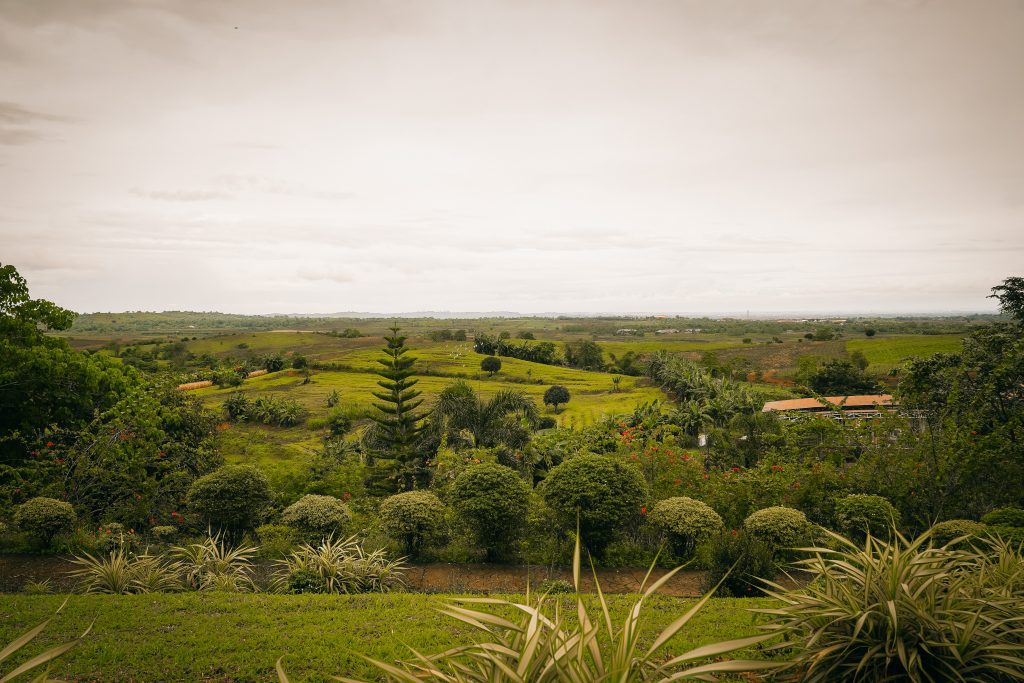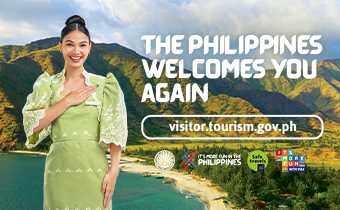Take a trip around Zamboanga Peninsula’s restaurants and eateries, and you’ll probably see dishes and menus labeled as “halal” or “halal-certified.”
In fact, many of our packed goods in our local supermarkets also carry this certification. What exactly does “halal” mean, and why is it important to label and certify certain food items as such?

Nourishing the soul
In Arabic, halal means “permissible” or “lawful.” Hence, halal-certified food, products, or ways of preparing dishes are those that are allowed according to the Qu’ran, or the religious text of Islam.
But this goes beyond just saying what’s allowed or not—halal food is made and prepared in such a way that it nourishes the body of its consumer. Simply, halal-certified food is prepared in a clean, hygienic and safe manner that will not harm the person.

In principle, all food is considered halal unless they fall under specifically restricted food groups, contain amounts of said items, or come in contact with them.
These particular food groups fall under haram, which means “prohibited.” For instance, all pork products and its derivatives are considered haram, as well as meat from carnivorous animals and alcoholic beverages.
There are a few more specific items listed in halal regulations that most food companies have to take note of. Gelatin, for example, becomes haram when it’s made from collagen extracted from pork, but is halal when made from non-pork sources.

Even meats like chicken and beef need to be prepared in a specific way for them to be considered halal.
From ensuring the well-being of the adult Muslim slaughtering the animal, the cleanliness of the knives used, to the prayers uttered during the slaughter, there are several requirements that must be fulfilled so that the resulting meat becomes halal.
With the discipline required in preparing halal food to maintain a robust and able body and mind, it becomes clear that this dietary “restriction” is a form of worship and devotion to the teachings of the Qu’ran.
Where to get halal food?
There are a lot of restaurants and places in the Zamboanga peninsula that serve and specialize in halal food. Here are some destinations that you can visit on your next trip to the region:
Marang-Marang Floating Cottage
A 10-minute boat ride from Isabela de Basilan, the Marang-Marang Floating Cottage offers the bounty of the sea, prepared into a variety of dishes by the women of the local Sama Banguingui community.

For just Php500 per head, you can feast on the seafood spread consisting of Oko-oko, sea urchin stuffed with rice; Utak-utak, fried fish cakes; Junay, spiced coconut rice wrapped in banana leaves; and Kalugmata, steamed local mangrove crabs.
To arrange a visit to the Marang-Marang Floating Cottage, coordinate with the Isabela City Tourism Office before your visit.

Dennis Coffee Garden
Founded by Sulu-native Imelda Ahalul-Dagus, Dennis Coffee Garden offers Tausug cuisine. Their dishes are defined by flavors such as bright spices, lemongrass, and coconut milk. Its main café now stands in Baliwasan, along San Jose Road, with another branch in KCC Mall de Zamboanga.

You can pair their native coffee, Kahawa Sug, with pastries called bangbang, which means “snack” or merienda. These include Jualan Saing (Php65), banana fritters served with a sweet coconut dip; and the Jualan Panggih (Php65), which uses the same dip but offers sweet potato fritters instead.

Bay Tal Mal Restaurant
Like Dennis Coffee Garden, Bay Tal Mal serves an assortment of Tausug dishes that prominently feature a variety of spices, lemongrass, and burnt coconut.
This is best seen in meals like tiyula itum, whose dark soup is colored and flavored by the roasted coconut that is also rubbed on the beef slices braised in a variety of spices; and the chicken piyanggang, which also has the coconut paste used for tiyula itum. Marinated in a mix of garlic, onion, ginger, turmeric, ginger, lemongrass, and chili, the chicken is then grilled before being basted with the coconut mixture.
Bay Tal Mal is located at Mayor Jaldon St., Canelar, Zamboanga City.
AntiEns Home of Authentic Muslim Cuisine
This newly certified Halal restaurant serves traditional Halal Tausug food. They serve authentic recipes that includes, “biyungkus kagang” a crab meat stuffed recipe, “Latal” a full set traditional tausug meal, “Oco-Oco” steamed rice in a sea urchin shell, Bang Bang Sug, a Tausug set of pastries , Kahawa Sug or Sulu Coffee and many more.
This restaurant pledged to keep alive the traditions of the Tausug through its food offerings and wanted to give awareness even to the non-Tausug of the traditional food recipe that they have.
AntiEns Home of Authentic Muslim Cuisine is locatd at Yubenco-Tetuan, Zamboanga City
Outsource the planning: iTravel Tourist Lane, Buenas Travel and Tours, Travel Max Tours
Travel Safely!
All tourist destinations in Isabela de Basilan and Zamboanga City have health and safety protocols in place to protect locals and visitors alike. Everyone is expected to comply by wearing face masks, regularly washing their hands, and practicing physical distancing.
To check out up-to-date information regarding local destinations that are open and the safety protocols and requirements needed for each location, you may visit philippines.travel/safetrip or download the Travel Philippines app at app.philippines.travel, Apple Store, or Google Playstore.



